The Blue Hills
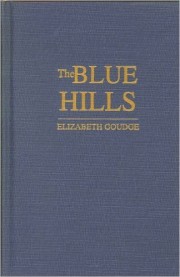 I enjoyed Elizabeth Goudge’s The Blue Hills over a period of about two days. It’s actually a children’s book, though it was not located in the children’s section of the library when I came across it. However, it’s one of the children’s books that can be read with pleasure by adults — at least, by this one. Not much happens; it’s a tale about a birthday picnic in which almost all of the guests lose their way and have adventures in a mystical wood, but the adventures, though rich spiritually, are of a quiet personal kind. These characters are pilgrims in progress, and they return transformed.
I enjoyed Elizabeth Goudge’s The Blue Hills over a period of about two days. It’s actually a children’s book, though it was not located in the children’s section of the library when I came across it. However, it’s one of the children’s books that can be read with pleasure by adults — at least, by this one. Not much happens; it’s a tale about a birthday picnic in which almost all of the guests lose their way and have adventures in a mystical wood, but the adventures, though rich spiritually, are of a quiet personal kind. These characters are pilgrims in progress, and they return transformed.
In some ways The Blue Hills bears some similarities to Goudge’s more generally known The Little White Horse. (My review here.) It depicts a contrast between the wilder communities of the hills and the civilized ones of the city. Goudge sets forth the contrast before the story even begins, in the dedication: “There were once two little girls, one had fair hair and lived in the Cathedral Close of Torminster and the other had dark hair and lived in the blue hills above the city, and they were friends...” The book opens in Torminster, but most of the action takes place in the blue hills, where trails no one has ever seen before appear mysteriously, and strange characters emerge from strange houses to open hitherto unknown gates. The hills have their own history and folklore as the place out of which the original inhabitants of Torminster, with its magnificent cathedral, emerged. As the party sets out for the picnic site, we have the sense that they are heading into the terrain of a different world that operates by different rules.
The natural setting is, typically for Goudge, wonderfully evocative. Her landscapes and woods and gardens are all places we would enter if we could, they are so fertile, beautiful, and fully imagined. Taking place at the start of the 19th century, the story unfolds in a pastoral setting where only one motorcar mars the picnickers’ horse-drawn journey with its noise and smoke before coming to an unceremonious end. Goudge uses the settings to reflect the characters’ internal states as they each undergo a rebirth of sorts. Her perspective is Christian and I appreciated the spiritual depth she gives the story, although as in other books there are times that magical, even occult, overtones color the action. (There is one character, for example, who makes wax figures and sticks pins in them — a practice he is called to turn from in order to enter into the joy of relatedness to others.) There are numerous connections between the hills and caverns above, and the cathedral below, and they help to show how deeply the city’s redeemed Christian character is rooted in the hills and their history.
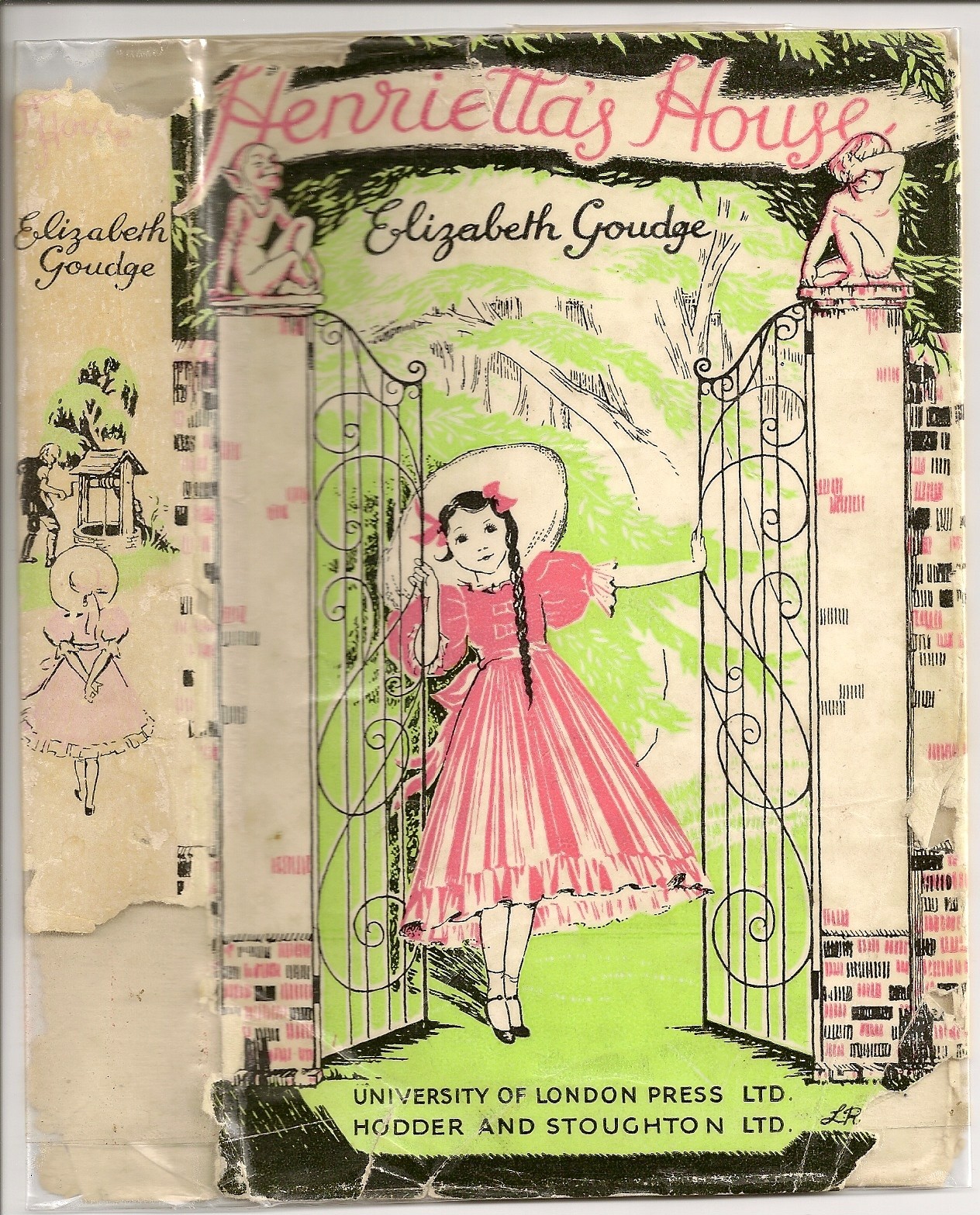
All of this sounds a bit heavy, but in truth the story has a wonderfully enchanted feel, and the characters’ wishes come true. Like The Little White Horse, in this tale the main character is a young girl, Henrietta. Her dream is to have her own house, which in her imagination is fully furnished right down to the titles in the library. Like most of the characters, she’s insightful and basically good. It’s comforting to read Goudge and experience intact communities and growing people.
Somehow The Blue Hills puts a finger on a child’s hopeful, joyful outlook, too. Part of the journey the older characters take is toward a more childlike faith, and a more light-hearted perspective. One of the advantages of living in an area familiar to me since childhood is that every now and then as I am driving or looking at a familiar scene, I have a fleeting memory of what it was like to be a child and see it through carefree, expectant eyes. My eyes now are often clouded with responsibility and anxiety, and those inner shifts are always welcome. In this book Elizabeth Goudge maintains that sense of seeing through a child’s eyes, and I liked being in that imaginative world.
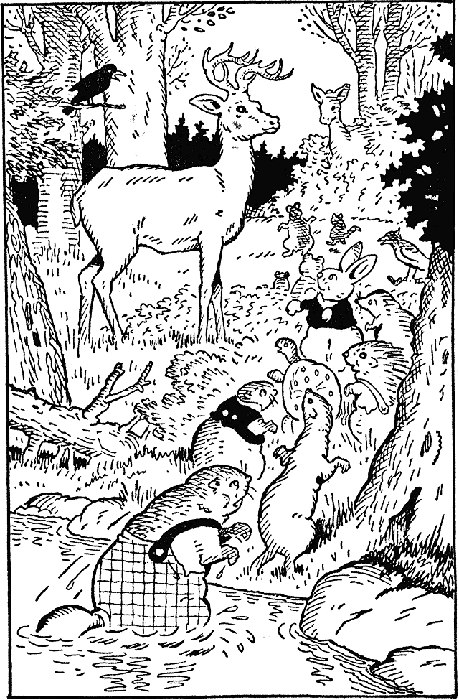
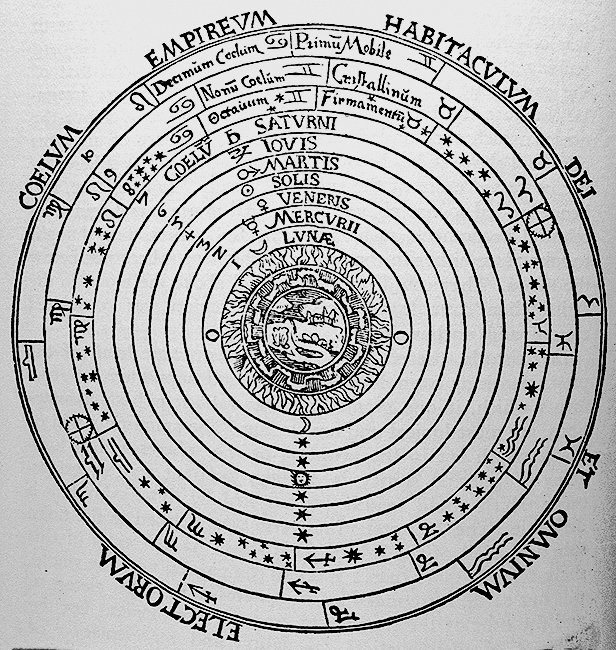
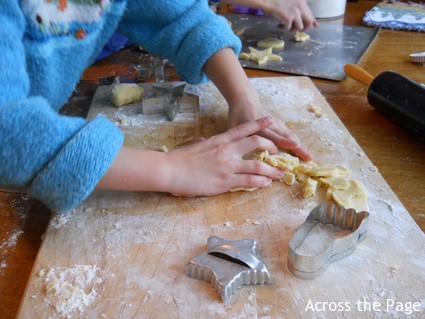
2 Comments
hopeinbrazil
I just read City of Bells which is the first of three novels of Torminster. Though I loved all the characters (Henrietta included) I did not love the mystical overtones. Maybe I wasn’t prepared to come to the book with childlike wonder. I love Goudge so I was sorry to find one of her books that didn’t appeal to me.
Janet
She does seem to walk a line, and sometimes I’m uncomfortable with how freely she incorporates other kinds of supernaturalism into her Christian perspective. Linnets and Valerians is the book that bothered me the most! https://www.acrossthepage.net/2011/03/linnets-and-valerians-revised/
I remember that you and I have both read her autobiography and had a similar response…